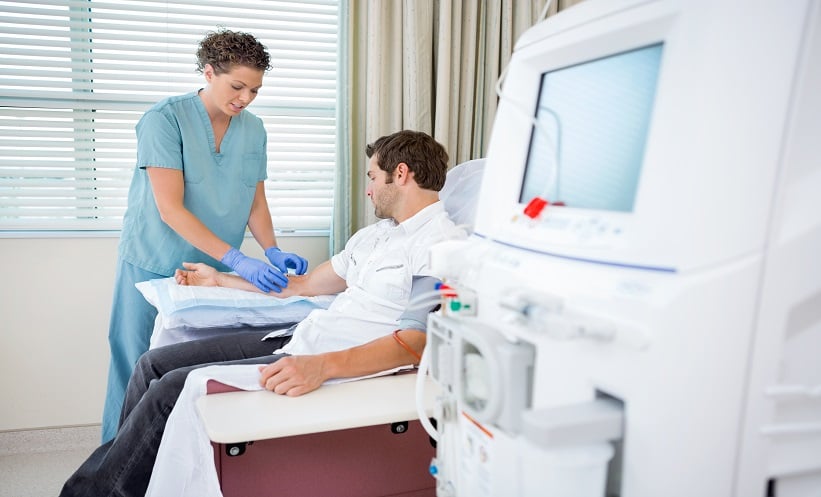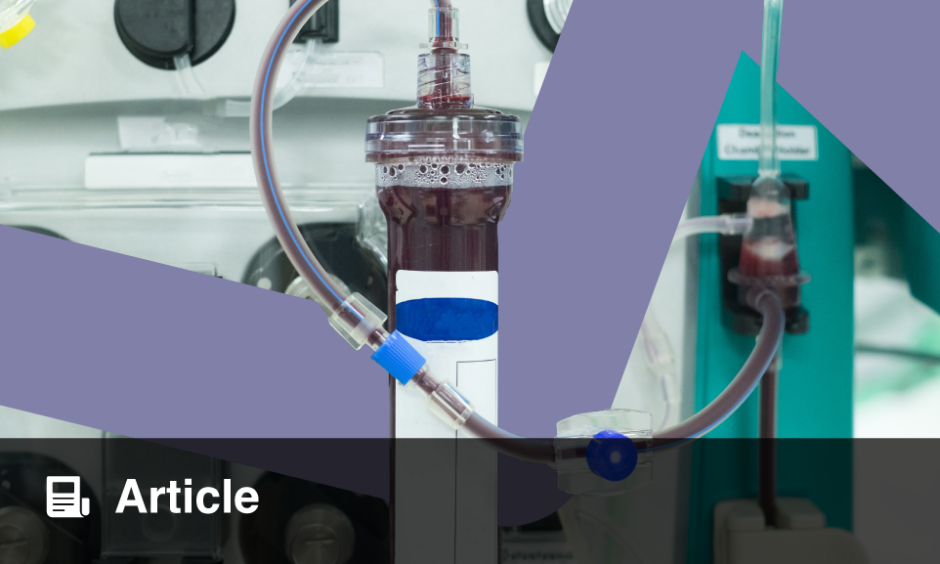A RECENT population-based analysis provides critical insights into the morbidity and mortality associated with gastrointestinal bleeding (GIB) among patients with Stage 5 chronic kidney disease not on dialysis (CKD5ND), those on dialysis (CKD5D), and kidney transplant recipients (KT), compared to patients without kidney disease (KDF). The study, which analysed data from the 2019 National Inpatient Sample (NIS) database, offers a detailed comparison of GIB prevalence, aetiology, interventions, and outcomes across these groups.
The study encompassed 527,640 adult patients admitted non-electively with GIB, representing 2.2% of all hospitalisations. Results indicated a significantly higher adjusted GIB prevalence in patients with CKD5D (adjusted odds ratio [aOR]: 1.4; 95% CI: 1.3–1.4; p<0.001) compared to the other groups. Patients with CKD5ND exhibited the highest adjusted inpatient mortality (aOR: 2.3; 95% CI: 1.4–3.9; p=0.001), followed by CKD5D (aOR: 1.9; 95% CI: 1.6–2.3; p<0.001). Mortality rates in KT patients were comparable to the KDF group (p=0.7).
Despite similar endoscopy rates, patients with CKD5D experienced fewer early endoscopies (<24 h), more delayed endoscopies (>48 h), and higher utilisation of angiograms, ventilation, vasopressors, blood transfusions, and prolonged, costly hospitalisations compared to KDF (p<0.05 for all). Delayed endoscopy in patients with CKD5D significantly increased mortality risk (aOR: 1.6; 95% CI: 1.2–2.1; p=0.001).
The study also identified distinct GIB risk profiles: patients with CKD5ND and CKD5D showed a higher risk of angiodysplasia-related bleeding (p<0.001), while KT patients were more prone to diverticular bleeding (p<0.001). Patients with CKD5D also faced more GIB from ulcers and unspecified causes (p<0.001).
These findings underscore the elevated GIB prevalence, mortality, morbidity, and resource use in patients with CKD5D, highlighting the critical impact of endoscopy timing on patient outcomes. The study calls for further research to identify and address barriers to timely endoscopy in these vulnerable populations.
Reference:
He M et al. Gastrointestinal bleeding (GIB) in advanced chronic kidney disease and kidney transplant (KT) recipients: a national analysis. Abstract 269. NKF Spring Clinical Meetings, 14-18 May, 2024.







